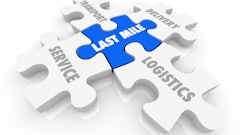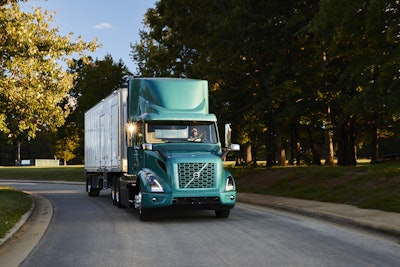
Only 12% of respondents to an Uber Freight survey said they are “very familiar” with AI-powered freight management solutions. In contrast, more than one-third of the respondents (36%) said they are either “not familiar” or “skeptical” of AI solutions.
“Put differently, companies that have implemented leading transportation management (TMS), warehouse management (WMS), and supply chain planning (SCP) solutions have been using AI for years, whether they know it or not,” the report says. “Yet, many of these same companies say they are either ‘not familiar’ or ‘skeptical’ of AI-powered freight management solutions, according to an April 2025 survey conducted with members of the Indago supply chain research community.”
Key takeaways:
· “To reduce logistics costs” topped the list of drivers for using AI in logistics operations, according to 75% of the survey respondents. Almost two-thirds of the respondents (65%) also selected “to improve operational efficiency” as a main driver. It was followed by “to automate manual or repetitive tasks” (41%).
· “To reduce logistics costs” is a bigger driver for small companies than large companies (86% vs. 70%).
· More large companies, however, selected “to enhance speed and agility in decision-making” as a driver compared to small companies (30% vs. 21%). The same is true for “to improve operational efficiency” (65% vs. 57%).
· Overall, the results suggest that cost reduction is a higher priority for small companies, whereas improved decision-making and operational efficiency are more important factors for large companies.
· “How to demonstrate“ topped the list of factors that would accelerate AI adoption, selected by 64% of the respondents. It was followed by “easier integration with existing tools and workflows” (57%) and “proven case studies of AI success in logistics” (42%).
· “Lower cost of AI implementation” was fourth on the list (41%), tied with “improved data quality and availability.” In short, the cost of AI-powered solutions is less of an issue/factor than expected.
· “Predictive analytics for freight demand and capacity forecasting” ranked significantly higher for large companies compared to small companies (49% vs. 32%). The same is true for “automated exception management to resolve disruptions” (19% vs. 4%) and “AI-powered chatbots for customer/carrier support” (40% vs. 25%).
· “AI-driven dynamic pricing for truckload procurement” ranked higher for small companies compared to large companies (39% vs. 28%). The same is true for “automated contract and rate negotiations” (29% vs. 21%).






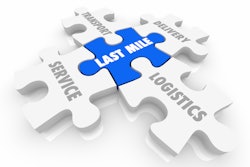

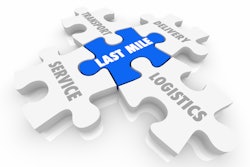




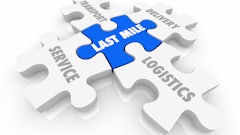
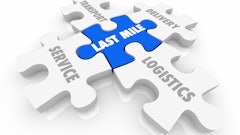

![Pros To Know 2026 [color]](https://img.sdcexec.com/mindful/acbm/workspaces/default/uploads/2025/08/prostoknow-2026-color.mduFvhpgMk.png?ar=16%3A9&auto=format%2Ccompress&bg=fff&fill-color=fff&fit=fill&h=135&q=70&w=240)

